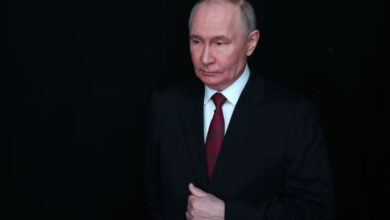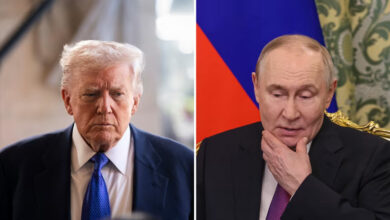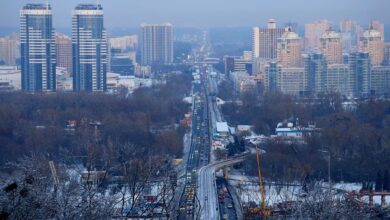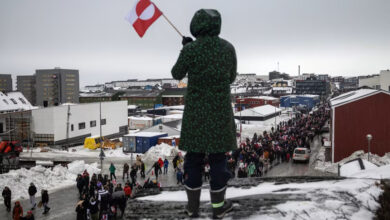MOSCOW — Vladimir Putin is heading back to the Kremlin — though for the last four years it often felt like he’d never left. As prime minister, he remained Russia’s dominant political figure, his drive, sharp tongue and cocky bearing overshadowing his affable but mostly feckless successor Dmitry Medvedev.
Yet although he was still effectively Russia’s leader, his return to the presidency is more significant than simply switching titles for several reasons:
FOREIGN POLICY: The president directs the course of foreign relations and represents Russia at summits and high-profile trips, roles that Putin appears to relish more than Medvedev did. While Medvedev appeared amenable to the Obama Administration’s “reset” initiative, Putin takes a much dimmer view of Washington and the West in general. He could toughen Moscow’s opposition to placing U.S. missile-shield systems in Europe, firm up Russia’s resistance to international military intervention in foreign conflicts such as Syria and push for more Russian influence in former Soviet republics.
REFORMS AT HOME: In his 2000-2008 presidency, Putin oversaw a considerable retreat from post-Soviet Russia’s nascent democracy and media freedom. Medvedev spoke of rekindling democratic reforms, but wasn’t able to accomplish much — and Putin has shown little sign that he’s become more tolerant of opposition or critical news coverage. He has promised to make Medvedev prime minister in order to allow him to pursue his reformist ideas, but skeptics suggest Medvedev will make little difference and may even be shoved aside as soon as Putin sees convenient.
BUSINESS: Russia still hungers for foreign investment. Putin as president is likely to both please investors and worry them. His top-down management style ensures a measure of the stability that investors seek. But he is seen as an enabler of Russia’s endemic corruption, which makes doing business in Russia often expensive, inefficient and dirty. Medvedev was more forthright about corruption — and apparently more interested than Putin in weaning Russia’s economy away from its dependence on natural resources
THE INTANGIBLES: When he’s not glaring at an opponent or giving a thin, wintry smile, Putin can be a man of considerable charm — down-to-earth, humorous, fond of dogs. This range of qualities makes him an emblem that Russians can relate to, and he’s used his charisma to boost Russia’s successful bids for major sports events including the Winter Olympics. Medvedev, pleasant and inoffensive, was eminently forgettable. When the world thinks of Russia, it sees Putin’s face.




